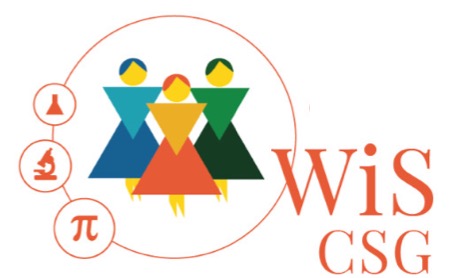WiS-CSG 2018 Survey

WiS-CSG: Women in Science - Career Support Group, is a group of volunteers who aim to highlight the different challenges faced by women in science.
The Work-Life Equilibrium: In-Balance or Imbalance?
| PREVIOUS POST | RETURN HOME |
Full version on sciwri.club
Summary
Workplaces, especially academia, rarely have measures in place to ensure that employees can achieve work-life balance in the STEM field. Long (often unconventional) work hours and poor pay of early career scientists make it hard on young researchers to sustain this balancing act, whether they are men or women. Couple this with the fact that women of child bearing age need some special allowances during pregnancy, child birth and child rearing, it adds an extra layer of complication in trying to balance one’s personal and professional life. There is evidence that there are fewer women in research and that women quit their careers in science in pursuit of motherhood. Further, children are more likely to hurt the income of women but not men. Even in Scandinavia, which is considered to foster an extremely family friendly work environment, women who work full-time are paid 15 percent to 20 percent less than men - a gender pay gap similar to that in the United States. A part of the reason for this is that women with children take up less competitive jobs with typically lower pay or work parttime. But the decrease in pay is not proportional to the cutback on the hours. Why is this so? Why are career and parenthood mutually exclusive for women?
This article summarizes the results of section 7 of the CSG-WiS survey to assess the work-life balance policies for women researchers in a professional environment. 219 participants were asked four questions to understand if:
- Workplace policies help them to manage their professional and personal lives
- Supervisors were supportive of their personal lives
- Workplace had policies in place for taking parental/sick/ personal leave of absence
- Workplace offered childcare related support
| PREVIOUS POST | RETURN HOME |